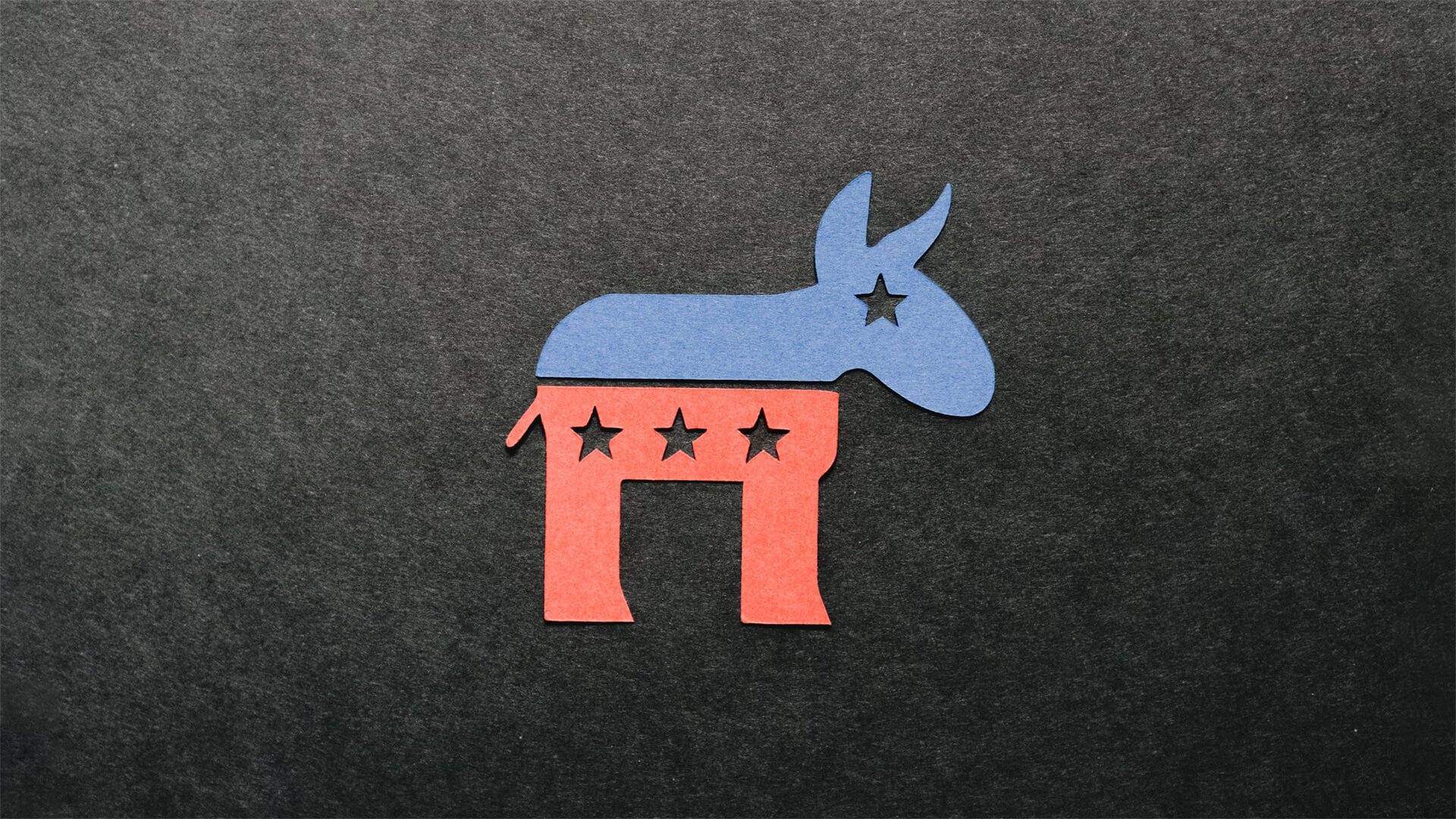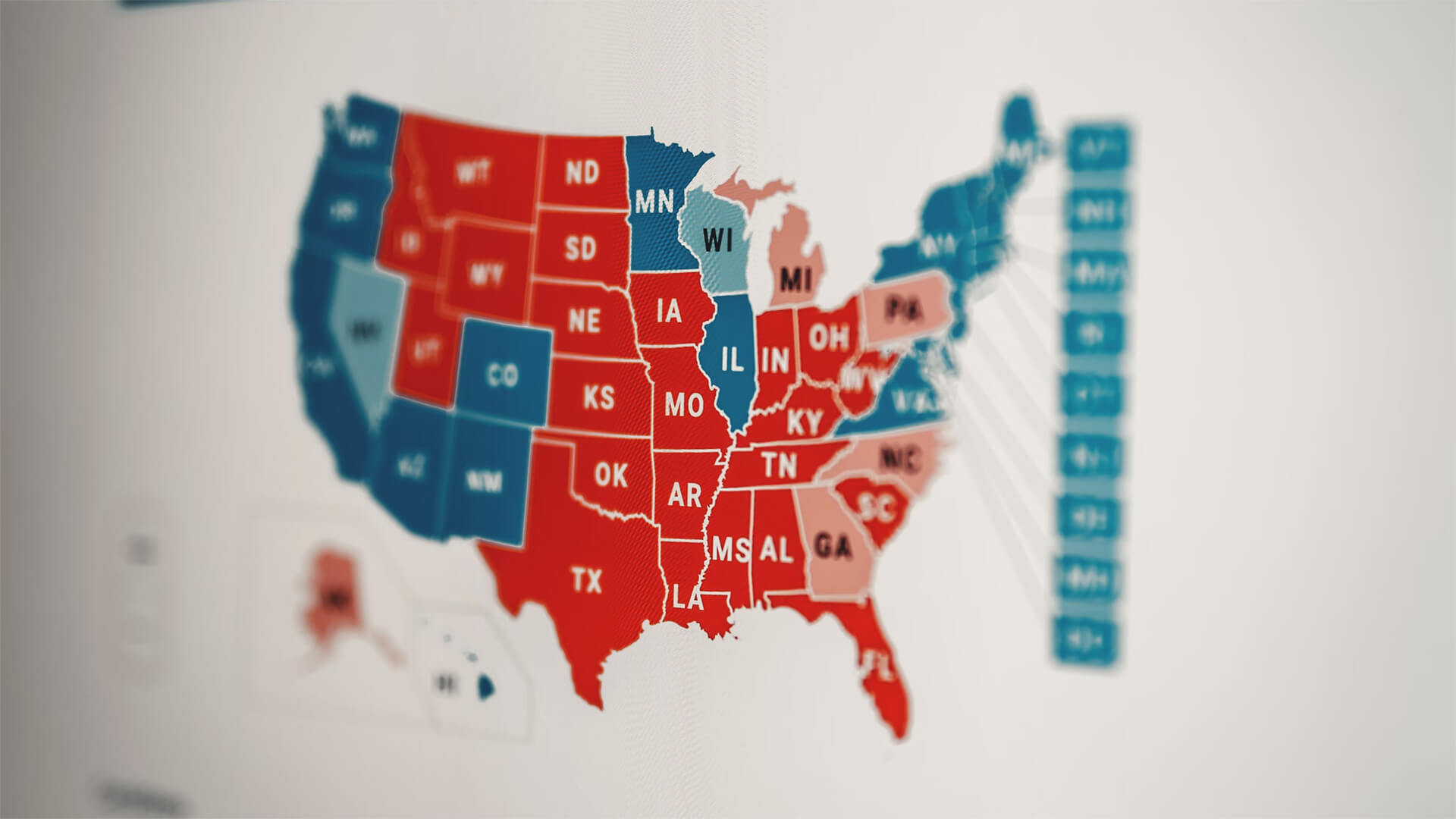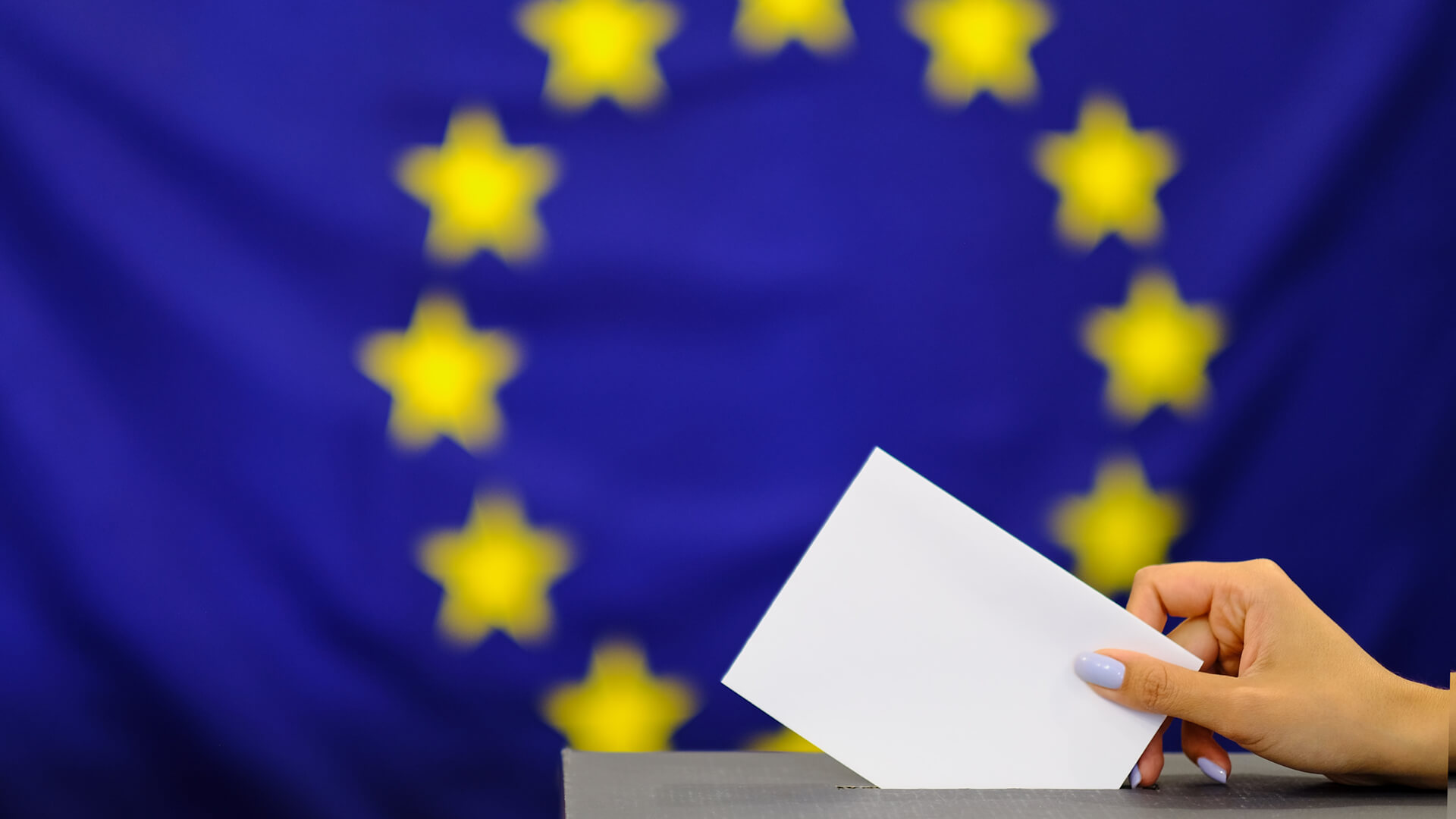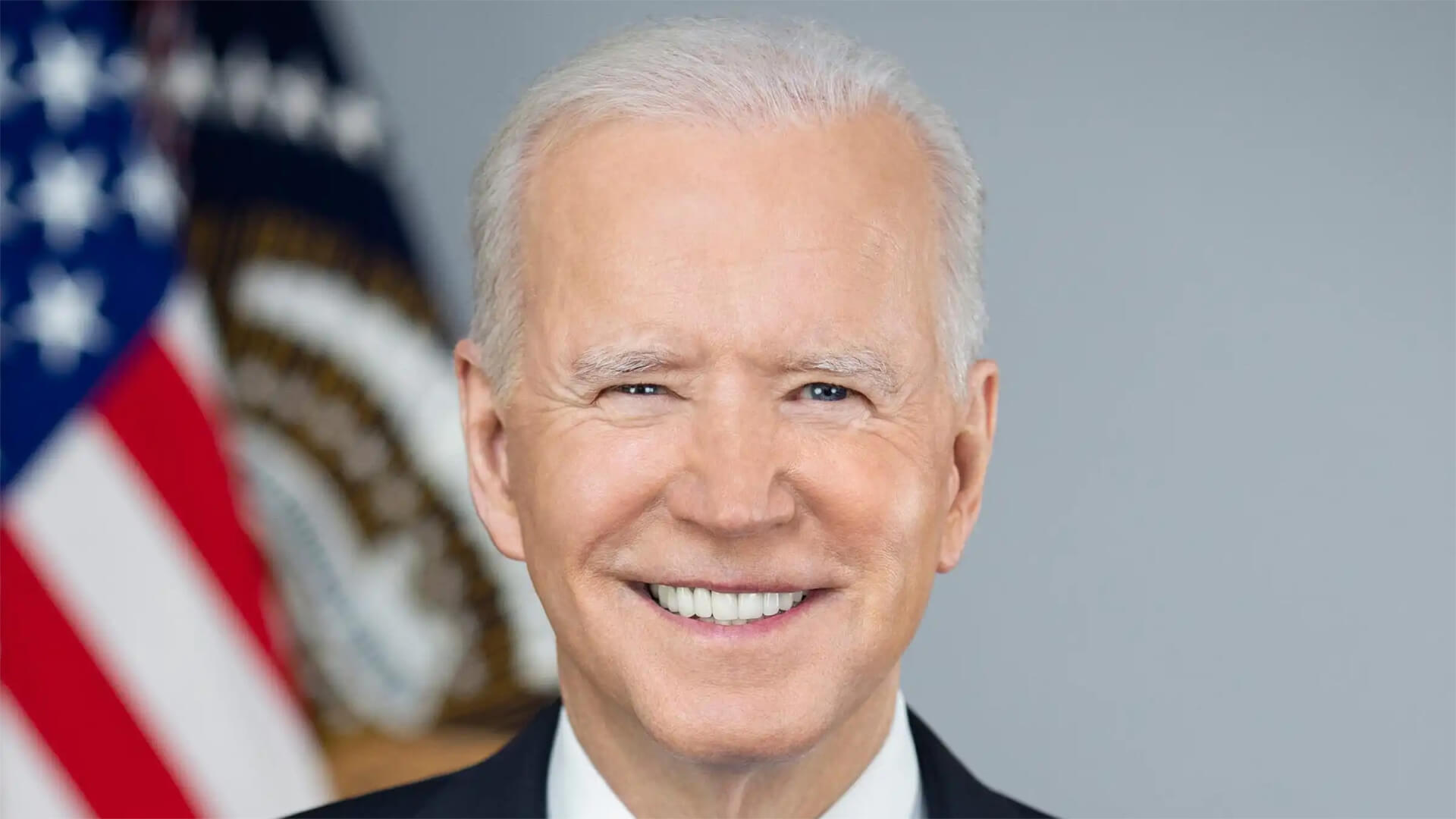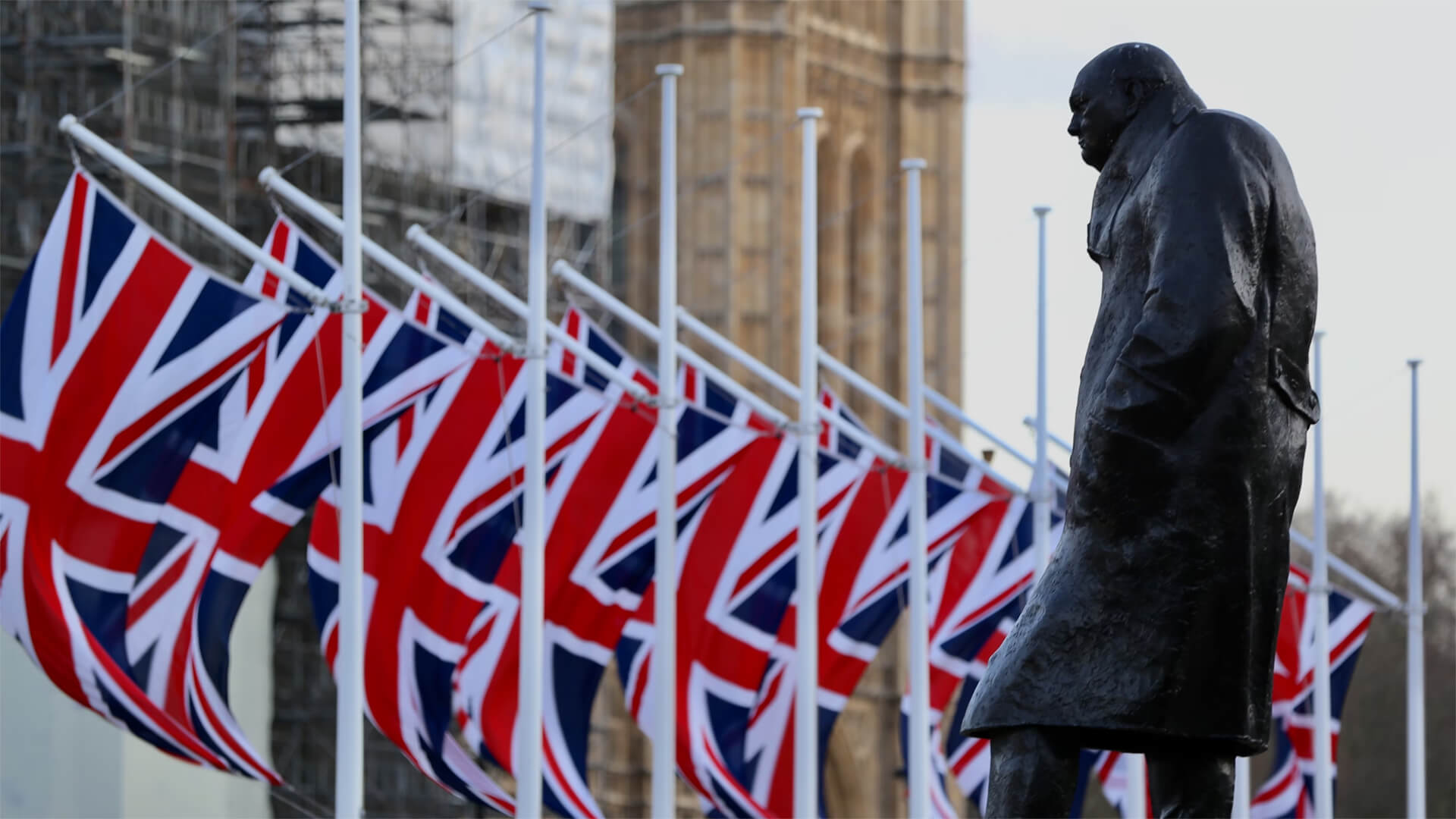The future of the Democratic Party in the US isn’t looking too bright. When strategy and targeting don’t change for over half a century, I suppose that’s what they get.
The Dems traditional coalition was made up of organized labor, ethnic minorities, and coastal elites…which accounts for nearly 70% of the population. On the numbers alone, they should be crushing it. Yet the Democrats continue to lose ground in elections. There are several things at play here.
The educated urban liberals aren’t as unified as assumed, so the issues they champion often fail to resonate with the working class. Minorities that the democrats once turned to for numbers, like the Hispanic demographic, are now gaining wealth and leaning conservative. And many immigrants come from religious and socially conservative countries, which contributes to the drift of previously reliable Democratic voters over toward the GOP.
Democrats are realizing that their coalition is too fractured to win. Demographics won’t cut it. And counting on enough people hating Trump clearly isn’t a viable strategy either. Something big needs to change if the Democrats want a future in American politics.
Transcript
Hey, all. Peter Zeihan here. Coming to you from Colorado. Today. We’re taking a question from the Patreon page. And it’s about US politics. So we, specifically the question is, is there a future for the Democratic Party in the United States? And the short version is probably not. Just to review the Democratic Party is not what it used to be.
It has been through several iterations since it was formed back in the 1800s. But in its most recent iteration, one that dates roughly back to, the post-World War two environment, the party basically formed around three big pillars of voters. The first is organized labor, with capital being on the Republican side of the equation. The second are ethnic minorities, with most white people edging towards the Republicans again.
And then the third group is coastal elites, specifically of the White Tower crowd, people who live in cities and have a very different way of looking at the world than, say, rural voters who are more likely to be Republicans. Those three categories are the bulk of the system. And if you look at it just on the numbers, if you add up all racial minorities in the United States with all organized labor or blue collar workers, with everyone who’s living in the cities, it’s a super majority of the population.
It’s pushing 70% of the total. It should, by the numbers, not only be the dominant party, but it should be the only party in the United States. And yet and yet and yet they keep losing elections by ever more impressive margins. Why? Well, a couple things to keep in mind. Number one, politics evolve. Remember, this isn’t the first form the Democrats have been in.
I believe this is the fourth. And to think that it is static for all times is silly. Second, politics evolve in terms of the issues. Technology pushes people on different sides of the win loss ledger. Economic transformation can make some states or urban centers rise while others fall. Changes in technology change how we interact with the world. And all of these things have happened at scale in the last 35 years.
I mean, just think about what we’ve been through since 1985. We had the nuclear scare of the Cold War than the collapse of the Cold War, than the rise of China. We’ve had the baby boomers being the predominant factor in American politics as they were entering their adult years, and now they’re all retiring, changing the financial and the budgetary shape of the entire country.
We’ve had the onset of the digital revolution and the rise of social media, changing how we all interact with one another. Of course, we’re going to manage our politics differently, but for the Democrats, this has not been a gift. Three basic things have combined to make it nonfunctional in its current form. First, those liberal, coastal educated urban living elites are not nearly as united as you might think.
And more importantly, they have a hard time resonating their ideas with the rank and file of the United States. Most Americans do not own six figures. Most Americans have not graduated from graduate programs. And so the sort of tunnel vision that you can get if you’re a part of this coastal elite, just doesn’t really carry out to others.
And when you see people starting to protest for trans rights, that just doesn’t resonate for most of the country. The second issue is racial. One thing that defines your average American is race white, black, Caucasian, Hispanic, Asian, and Native American Islander mix however you want to call it. And it has been an important aspect of American identity. But it’s not the only one, and it often finds itself clashing with other aspects of identity.
Your education level, your region, where you’re from, how you define your sense of self, whether you’re gay or straight. All of these things are muddled together along with economic issues to give us all our sense of self. And one of the huge mistakes the Democratic Party has made over the last 30 years is to simply bet that because birth rates were higher under Hispanics than they were under whites, the country was going to become more and more and more leftist, more and more democratic.
And that’s simply one measure. Instead, we saw two things happening with specifically the Hispanic population. Number one, they became steadily and steadily more wealthy, which tends to put them over into the Republican camp. And second, Hispanics, especially first and second generation Mexican Americans, are very strong in blue collar work, specifically the trades like electricity and welding and similar items.
Construction. Think, well, the United States is going through an industrial renaissance where those skill sets are massively in demand. And so if you want to look at politics through the lens of the economic haves and have nots, the Hispanics have become more and more in the category of the have moving forward. So for them, tax rates have become as important, if not more for most then things like racial equality.
And so more and more of these people have shifted over in the general direction of Trump style Republicans. And the third issue is cultural. If you’re a first or second generation Mexican-American, a first or second generation, immigrant from any background. Odds are that where you came from is less organized than the United States and less wealthy.
You came to pursue the American Dream, which means you have some first hand experience in your family. Of what? A system with weak rule of law looks like. One of the great things that we have forgotten in this country is that most migrants have a deeper degree of religious RCD than most Americans. And so when you get a Mexican immigrant or Nigerian immigrant and they come to the United States, they are far more likely to be socially conservative than, say, the social liberals of the coasts.
So we have all of these things happening at the same time, changing our idea of identity. And the net result is a lot of factions that used to be core to the Democratic coalition are now Tossups. Hispanics were as likely to vote for Trump as they were likely to vote for Harris. Same for people under age 30. The youth are now in play as well.
You pull this all together and at the moment it is absolutely impossible for the Democrats to win any big election unless there’s something else very big in play. Does this mean that the Democrats are dead forever? Not quite what I’m saying. What I’m saying is they can no longer count on winning by the numbers. There has to be another issue out there that motivates.
And the general unpopularity of Donald Trump is something that the Democrats today are counting on. But as we learned in our last federal elections, that is not enough.

